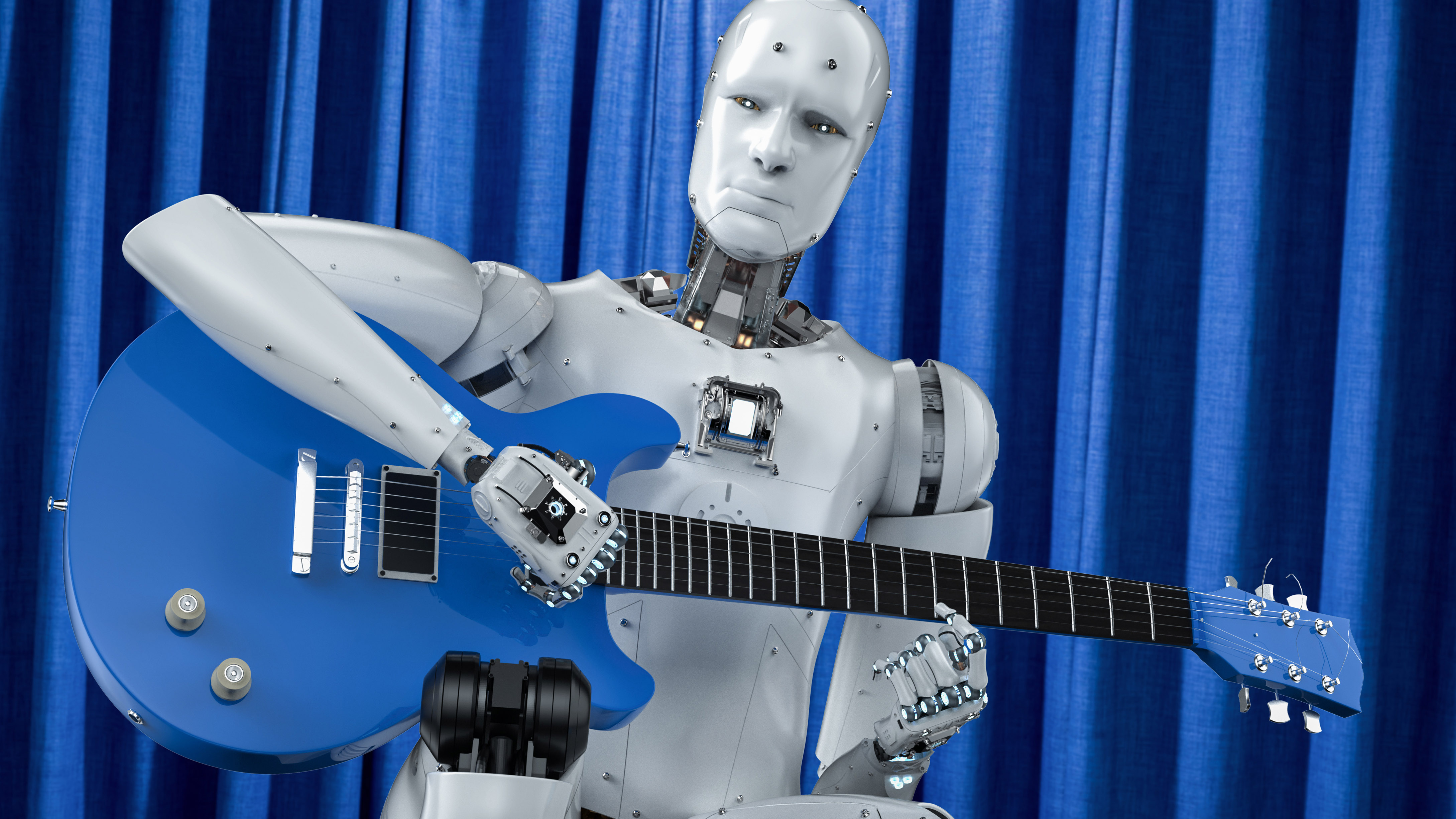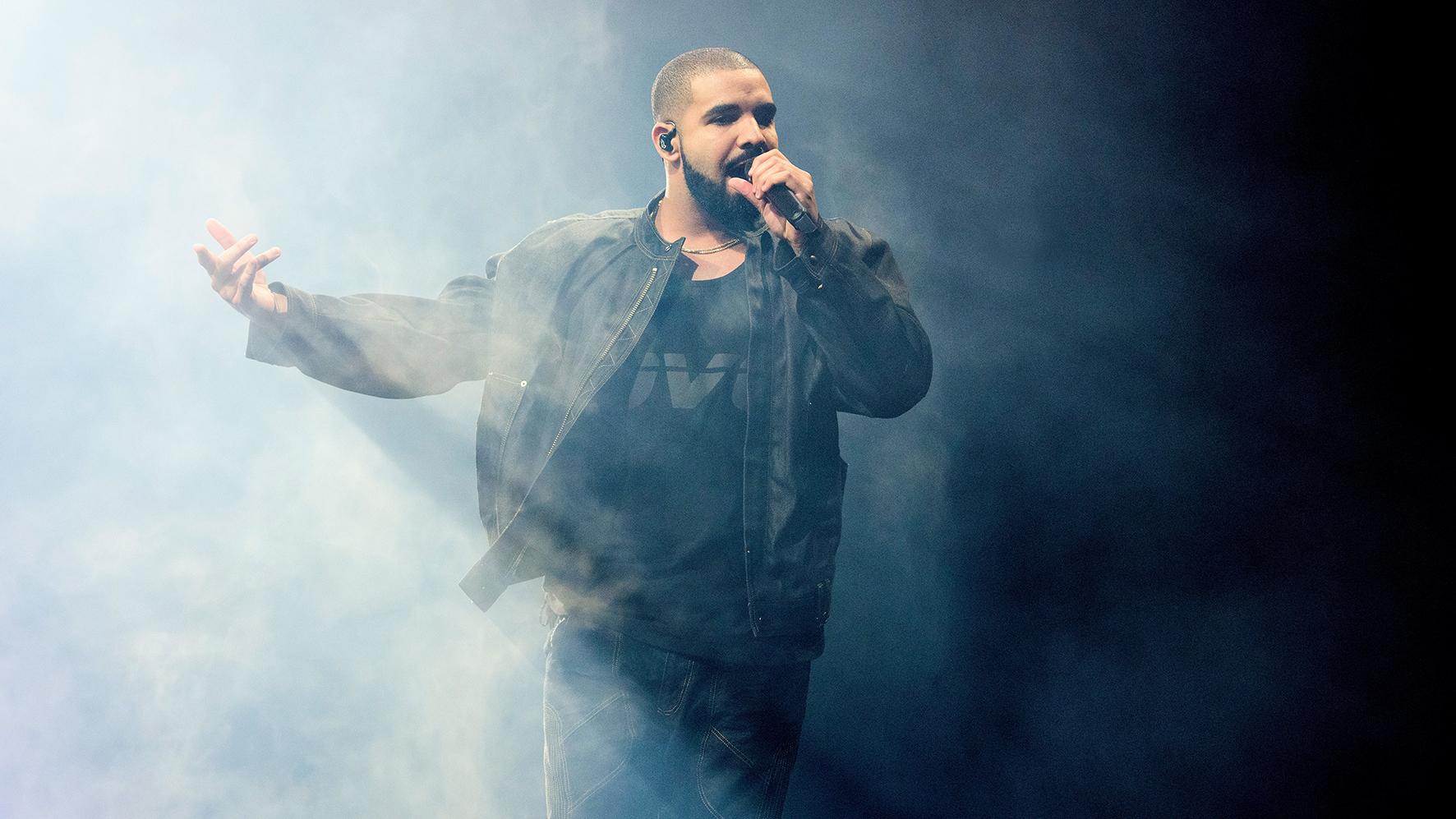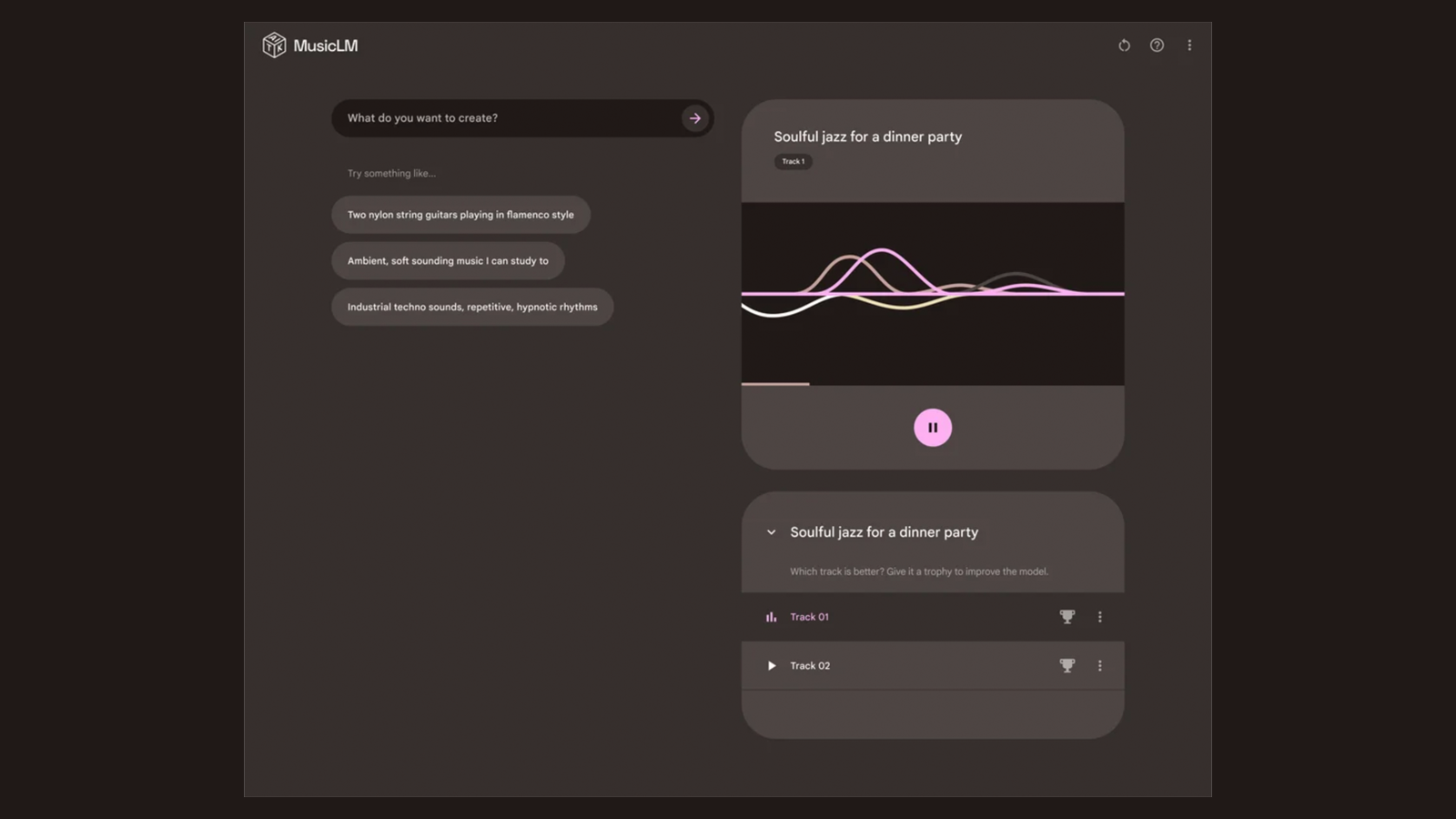
A leading British Music body has urged that governments must do more to protect creative industries, outlining a five-point plan as administrators gear up to tackle the lightning-fast emergence of generative AI tools.

“It is not acceptable for creators’ work or their identity to be used by AI developers without their consent," reads an open letter from UK Music’s Chief Executive Jamie Njoku-Goodwin to Culture Secretary Lucy Frazer.
“Taking other people’s work without their permission contravenes basic principles of property rights, undermining both creator incomes and the economic model that has enabled the UK to build a world-leading music industry.
“It’s vital that we do not allow some AI firms to crush the human creativity that is the beating heart and soul of our world-leading music industry.
UK Music's letter also asserts that “without original content to ingest, it would not be possible to produce AI-generated content. So, it is absolutely critical we develop AI technologies in a way that enhances and enables human artistry rather than eroding it."
Amongst other things, the body's five-point plan aims to address the copyright issues that are starting to look like a last line of defence against the rise of the robots. Across multiple industries, artists and creators are asserting that AI tools have been trained on copyright works, without the permission of the owners or makers.
1. Creators’ choice: The creator, or their chosen rights holder, should be able to decide if and how they want to use their creative talent. This certainty underpinned by legal rights (copyright) should not be undermined by any exception to copyright or compulsory licensing during the input stage. Users need to respect creators’ choice as baseline for any discussions.
2. Record keeping: It is important that in the input stage, the technology providers keep an auditable record of the music ingested before the algorithm generates new music. This is the only point in the process when these data points can be documented.
3. Without human creativity there should be no copyright.
4. Labelling: Music generated by AI should be labelled as such.
5. Protection of personality rights: A new personality right should be created to protect the personality/image of songwriters and artists.
You can read UK Music's full policy paper here
In the US, stand-up, actor and writer Sarah Silverman, alongside two other authors, is suing Mark Zuckeberg's Meta and ChatGPT developer OpenAI for copyright infringement. The trio alleges that OpenAI's leading chatbot has been trained on their copyrighted work, asserting that despite no permission being sought or given, "copyrighted materials were ingested and used to train ChatGPT.”

At the same time, they claim that "many" of their books feature in the dataset used by Meta to train LLama, the Facebook and Instagram owners' own AI tech. This follows similar allegations and cases around AI-generated imagery, and it seems likely that music will be the next frontier in this ongoing battle.
Google's pretty astonishing music creation AI tool, MusicLM, which we recently reviewed, was trained on "a dataset of 280,000 hours of music", including a substantial amount of music videos sourced from YouTube, which of course google owns, and may therefore have the rights to use for training or other purposes.
UK Music's letter and policy paper come as the music world struggles to come to grips with the appearance of generative AI tech and tanks on its lawn. It already feels an age since a track featuring AI-generated vocals cloning Drake and The Weeknd was pulled from streaming services after going viral. In fact, that was May. Meanwhile, artists and producers from across the musical spectrum have weighed in, with views ranging from "bring it on", to "where's the nearest job centre?".
A recent survey of producers found that three-quarters believed they'd be replaced by AI at some point in the future, though only 17% 'think negatively' about the technology. Elsewhere, the Grammys recently announced that tracks using AI would be considered for awards, but that music must be written and performed "mostly by a human" in order to be eligible for nomination.
For the latest AI music news and tools, stay tuned to MusicRadar.







